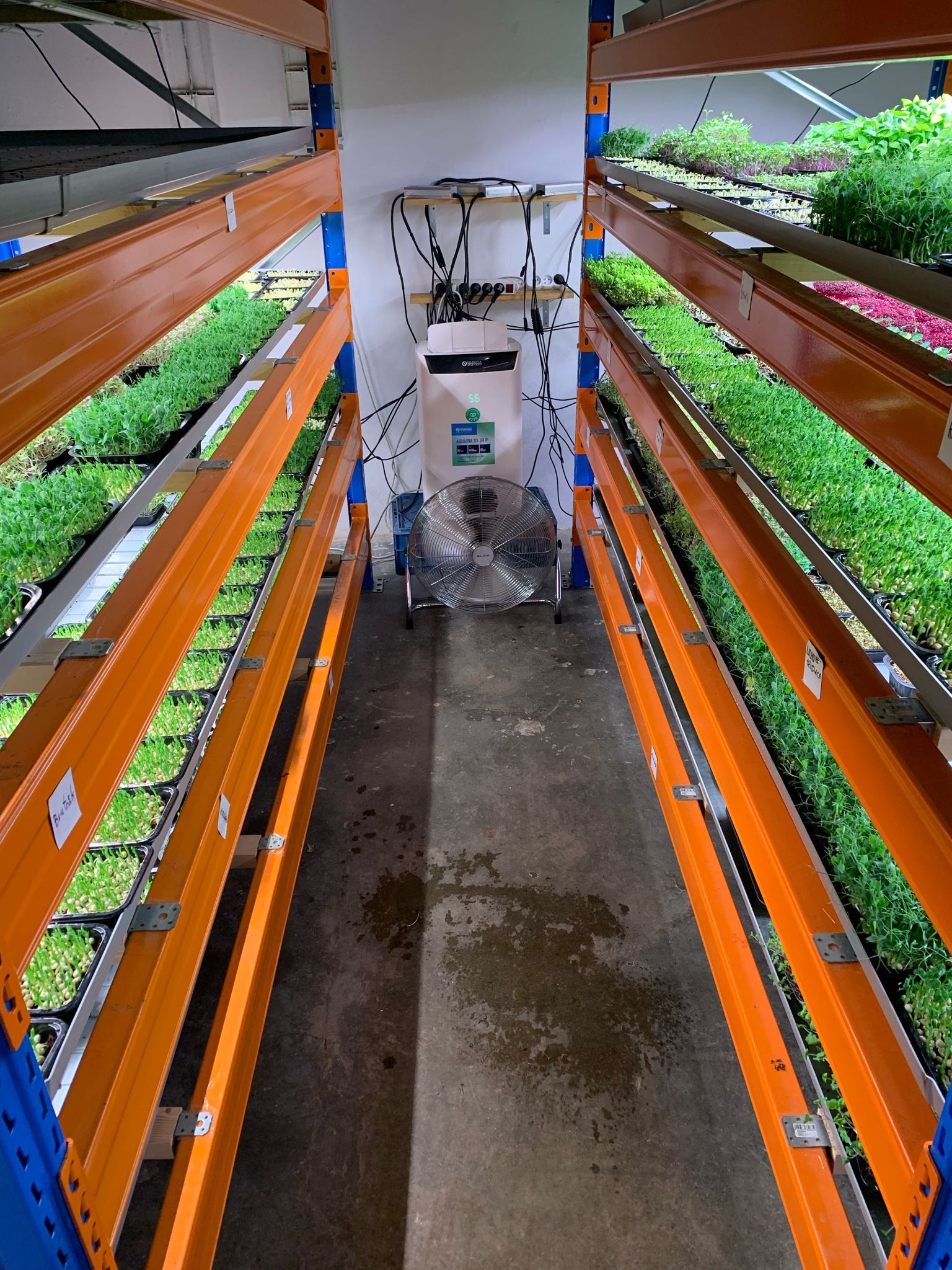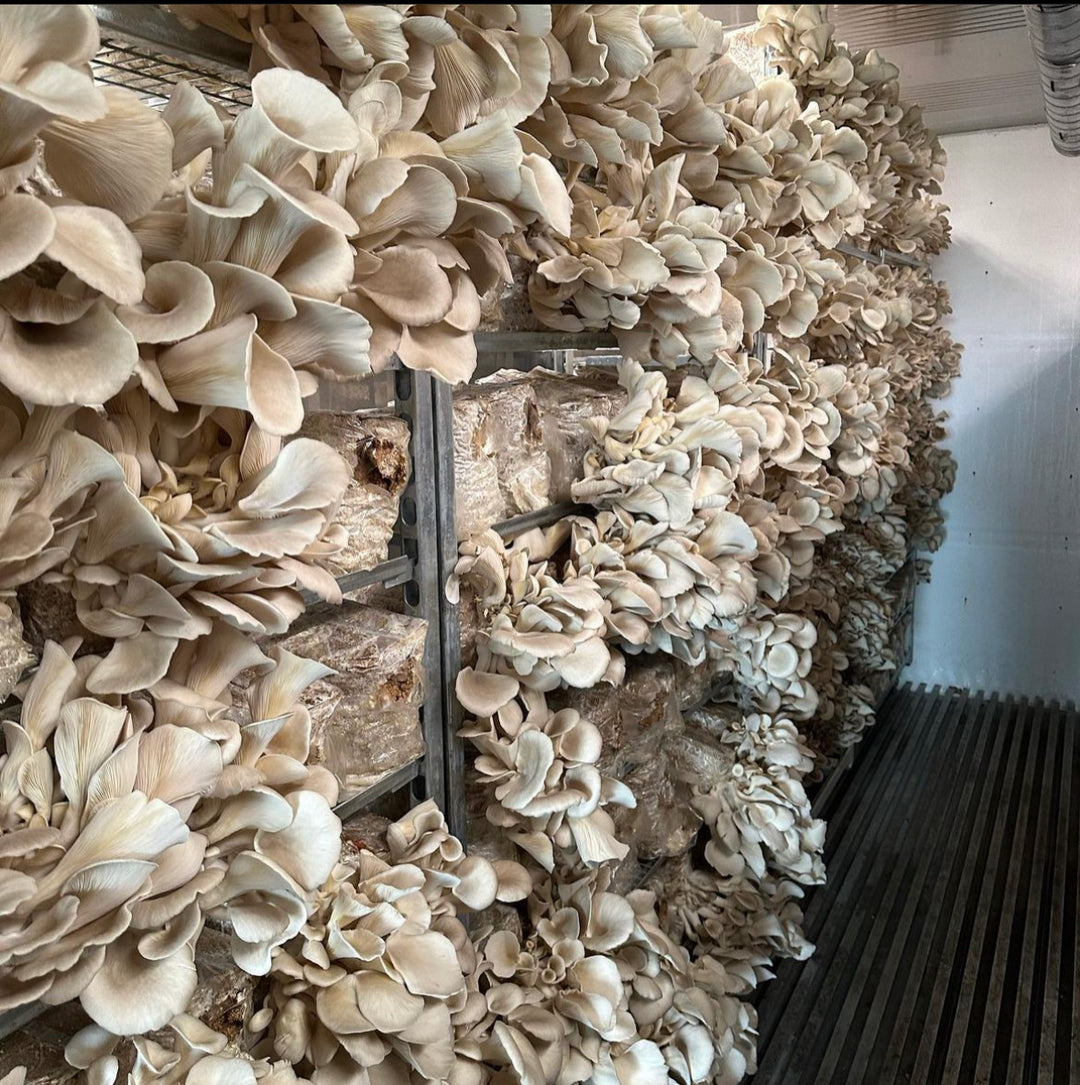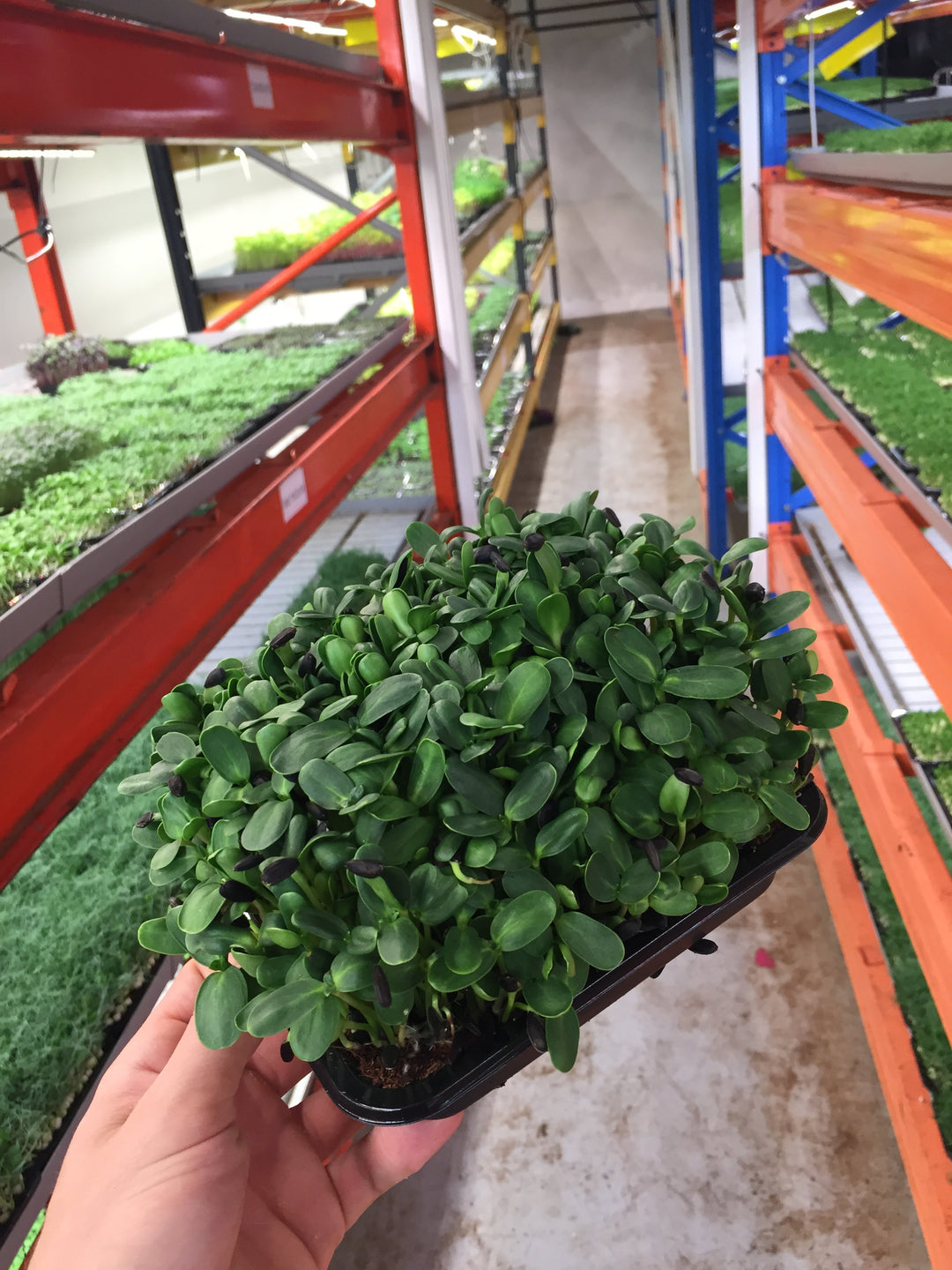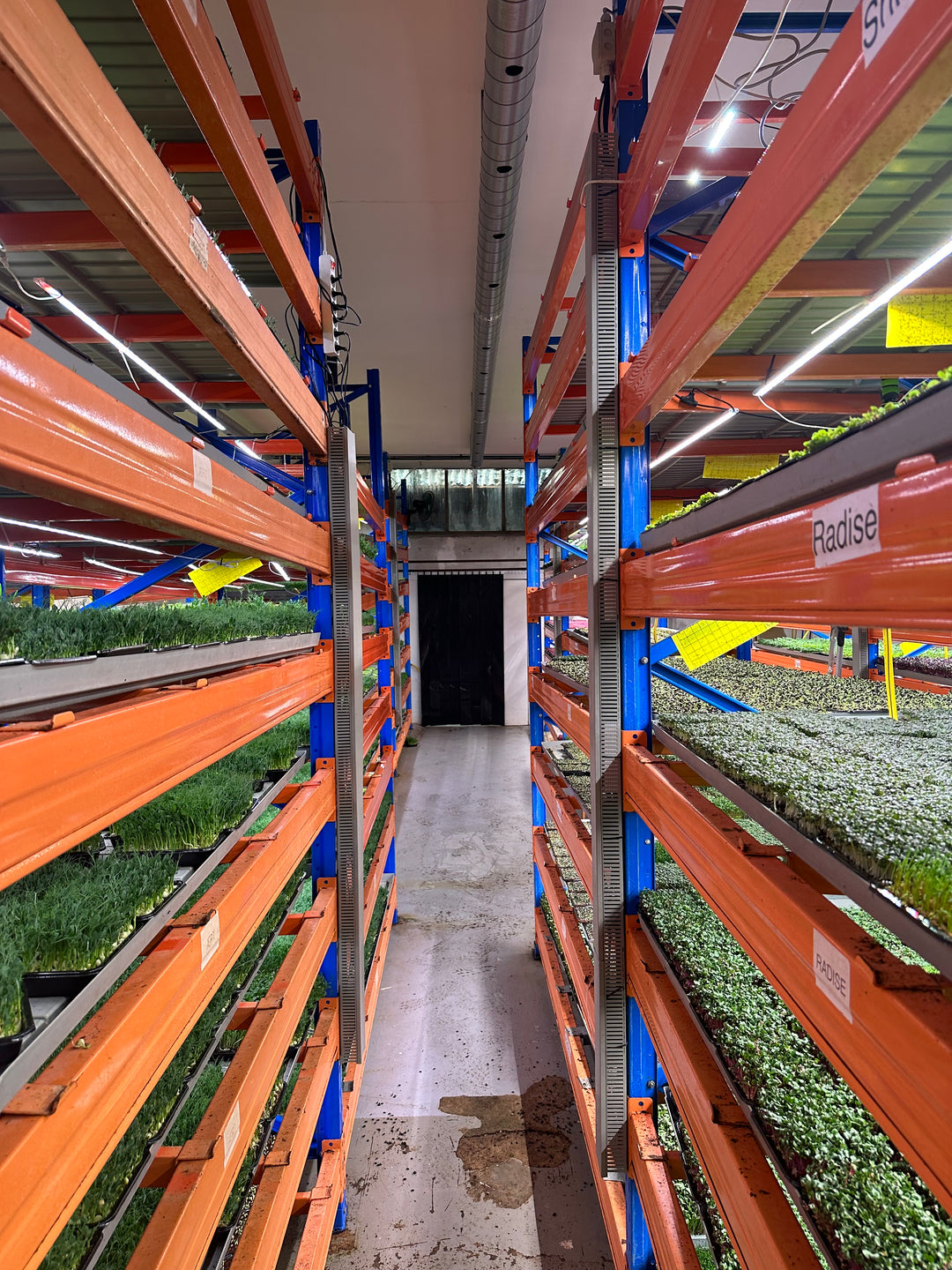Indoor Farming and Food Security

Indoor farming, a method of growing plants in controlled environments, offers a promising solution to address food security challenges in urban areas and during extreme weather events.
Addressing Food Security in Urban Areas
Local Food Production: Indoor farms can produce fresh, nutritious food right in the heart of cities, reducing the need for long-distance transportation and ensuring a reliable food supply.
Reduced Food Miles: Shorter transportation distances for locally grown produce lower carbon emissions and reduce the risk of food spoilage.
Resilience to Disruptions: Indoor farms are less susceptible to supply chain disruptions, such as those caused by natural disasters or transportation issues.
Job Creation: Indoor farming can create jobs in urban areas, providing economic
opportunities and supporting local communities.
Mitigating the Impacts of Extreme Weather Events
Climate Resilience: Indoor farming systems can be designed to operate independently of external weather conditions, making them more resilient to droughts, floods, and extreme temperatures.
Year-Round Production: Indoor farms can produce crops year-round, ensuring a consistent food supply even during times of agricultural stress.
Reduced Reliance on Imported Food: Indoor farming can reduce reliance on imported food, making local food systems more self-sufficient.
Challenges and Opportunities
Initial Investment: Setting up an indoor farm can require a significant initial investment in equipment, technology, and infrastructure.
Energy Consumption: Indoor farming can be energy-intensive, particularly for lighting and climate control.
Scalability: Scaling up indoor farming operations to meet large-scale demand may present challenges.
Consumer Acceptance: Increasing consumer awareness and acceptance of indoor-grown produce is essential for the success of indoor farming initiatives.
Conclusion
Indoor farming has the potential to play a crucial role in addressing food security challenges, particularly in urban areas and during extreme weather events. By reducing food miles, ensuring a reliable food supply, and mitigating the impacts of climate change, indoor farming can contribute to a more sustainable and resilient food system. As technology continues to advance and the demand for locally produced food grows, we can expect indoor farming to become an increasingly important component of our food production systems.


